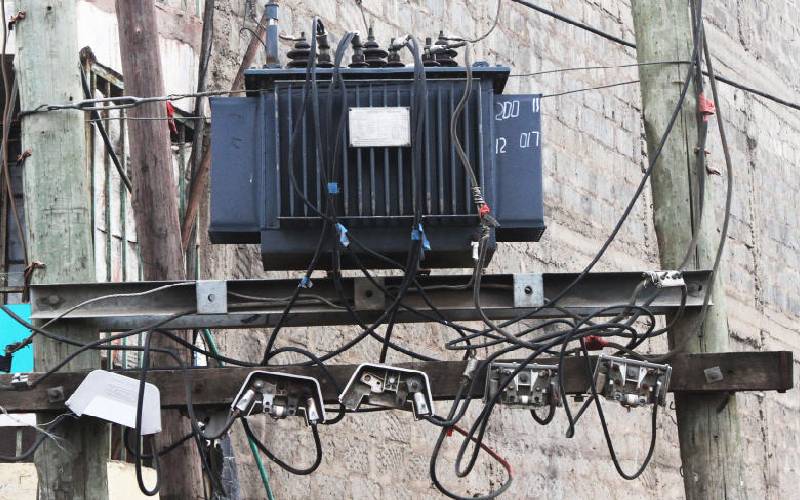×
The Standard e-Paper
Join Thousands Daily

Kenya Power’s latest predicament is a cautionary tale on what happens when entities stop listening to clients. For a long time, it has been a monopoly in the distribution of electricity within the country. But it has not been as keen as it once was to listen to the voice of its clients. Many on its grid have had to make do with patchy supplies especially during the rainy season. By now, power outages ought to have been taken care of by a redundancy line, as the standard is with other power utility companies.